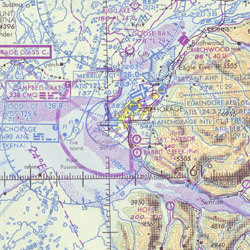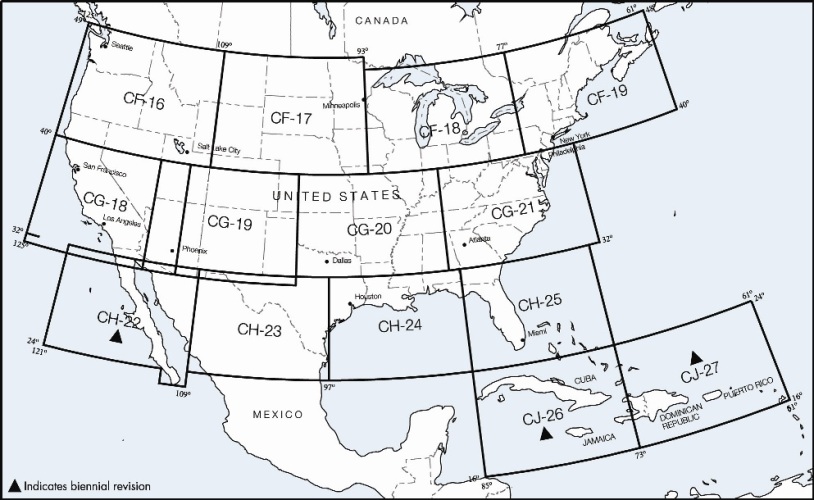An aeronautical chart is a navigational tool that provides a map of a particular geographic area, combined with information such as suggested altitude and routing information as well as navigational landmarks, and radio frequencies. Multiple charts may be used during any given flight, each with varying levels of detail. Some charts may correspond to a single specific airport, while others may represent larger regions.
- Free World Aeronautical Charts
- World Aeronautical Charts Scale
- Download World Aeronautical Charts Vfr 2019
The different kinds of aeronautical charts
There are many kinds of aeronautical charts. They are often separated into IFR charts, VFR charts and procedure charts.
Online VFR and IFR aeronautical charts, Digital Airport / Facility Directory (AFD). The charts made available here are for Flight Simulation use only and NOT for real world navigation.NOT for real world navigation. Aeronautical charts of the Philippines. We have scanned two areonautical charts covering the Philippines. The charts were scanned in sections of A4 size. Click on any section to view a high resolution scan. Right click and then select 'save link as' to download the map directly to your hard disk. The files are of around 2.5MB in size. Most of the pages are taken up with WAC (World Aeronautical Charts) of the U.S. WAC charts are in a scale of 1,000,000:1 which is adequate for flight sim navigation. WAC charts are much like the Sectional Charts that pilots normally use for VFR flight, except that the scale of sectionals is 500,000:1 and thus show a bit more detail.
IFR charts
IFR charts or instrument charts are used when flying by instrument/flying IFR, hence the name. They are more or less a geographically correct schematic depiction of the airports, navigation aids, fixes, the air traffic routes in between them and the airspace classification. In general the IFR charts are in a small scale (in essence the depicted features are small) and for the sake of clarity often doesn't contain more geographical features than borders, oceans and larger lakes.

The IFR charts are mainly used for route planning when flying IFR, and are often available in two or more series of charts, one with lower routes and one with higher routes. In each country's AIP (section ENR 6, En-route charts) are often small scale IFR charts.
VFR charts
VFR charts are mainly used when flying VFR, but can be used when flying IFR as well. In general they are in a larger scale than the IFR charts. In addition to the information of the IFR charts, they also contain information found on a regular topographic map such as representation of the terrain, water features, infrastructure, populated areas etc.
VFR charts are used for VFR and shorter IFR route planning and while flying VFR using pilotage and dead reckoning. They are available in many different scales and with many different symbologies, often different from country to country.
Procedure charts
Procedure charts are used when departing from an airport after take off or approaching an airport before landing. Airstrips and smaller airports only used in VFR conditions rarely have any as the traffic intensity and surrounding areas doesn't demand the use of one.
There are three very distinct types of procedure charts:
- Approach plates which are depicting the area around the airport. They are usually for either visual approach, or several for instrument approach for each runway, each chart using different navigation aids.
- STARs (Standard terminal arrival routes), which are describing instrument arrival routes, often several for each runway depending on the direction of arrival. Usually starting at a named fix along the route to the airport.
- SIDs (Standard instrument departures), which are describing instrument departure routes, often several for each runway depending on the direction of departure. Usually ending at a named fix along the route from the airport.

Where to obtain aeronautical charts
Aeronautical charts are often made available freely online. Listed below are some online resources for downloading charts based on their type:

Mixed charts
- [dead link]av8orcharts.com for current full scale NACO charts formatted to print on 8.5'x11' paper.
- AirNav.com for US airports (mainly IAP/SID & STARs)
- aviationtoolbox.org Sectional and Terminal Area Charts for the US (VFR Charts, TIFF, huge Files over slow link)
- Vatita (VATSIM Italy) (VFR Charts,Airport Charts, etc...)
- Brazilian AIS Portal(english) ('Cartas' weblink you find VFR, IFR, SID, STARs and others charts.)
VFR charts
- The Map Collection of Perry-Castañeda Library at Libraries of Texas University Note that these are not recent. If planning a longer flight you might want to check for example magnetic variation in advance.
- Operational Navigation Charts (ONCs) 1:1,000,000, covering the entire world.
- Tactical Pilotage Charts (TPCs) 1:500,000, covering most of the world.
- Joint Operation Graphics - Air (JOG-AIRs) 1:250,000, covering portions of the world.
AIP
See Aeronautical information publication for the main article about this subject. |
Aeronautical information publication (AIP) is defined by the International Civil Aviation Organization (ICAO) as a publication issued by or with the authority of a state and containing aeronautical information of a lasting character essential to air navigation. AIPs normally have three parts: General (GEN), En route (ENR) and Aerodromes (AD).
Free World Aeronautical Charts
The AIP contains many charts. Most of these are in the AD section where details and charts of all public aerodromes are published, sometimes charts with the air routes can be found in ENR.
World Aeronautical Charts Scale
A note on using old charts
While you can use old charts for navigation, in particular VFR navigation, there is in particular two things to take into account:
- Radio frequencies and names of fixes might have changed
- The magnetic north pole is not fixed, which will cause some problems:
- The magnetic variation shown on the chart is probably incorrect
- In rare cases runway numbers are changed as they are based on the magnetic heading
The current magnetic variation is calculated in FlightGear and can be found in the property/environment/magnetic-variation-deg. One way to get those for the legs of your flight plan is to take the UFO and look the property up in using the property browser in the middle of each leg. On a shorter route it may be sufficient to only take the magnetic variation in the middle of the route.
Welcome to open flightmaps
This project is organized on a regional basis, please select your Region of interest in the navbar above!
The OFM Mission
Download World Aeronautical Charts Vfr 2019
About
Subscribe to our mailing list
Get informed about the latest and important data updates on the project.
Contact us

Please report to us in case of data alterations, as well as license requests to the following address: